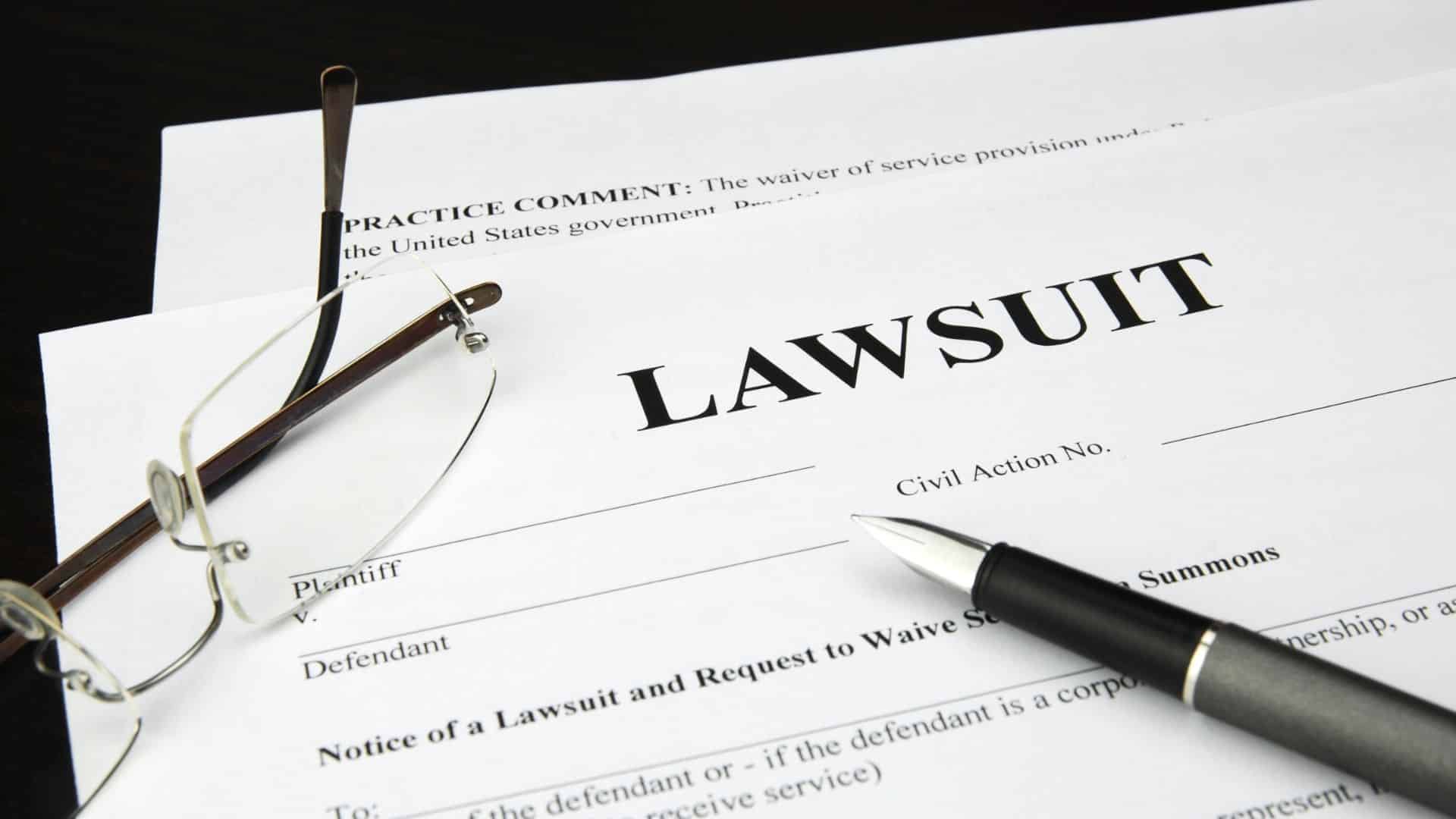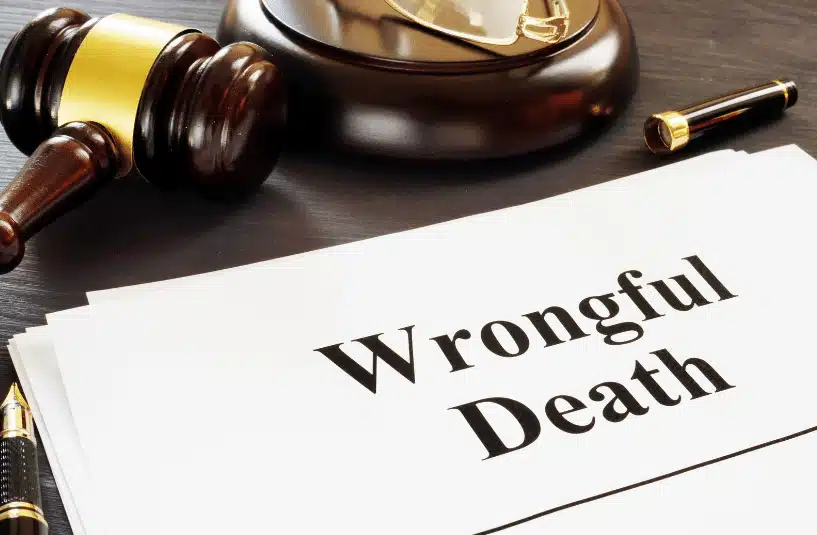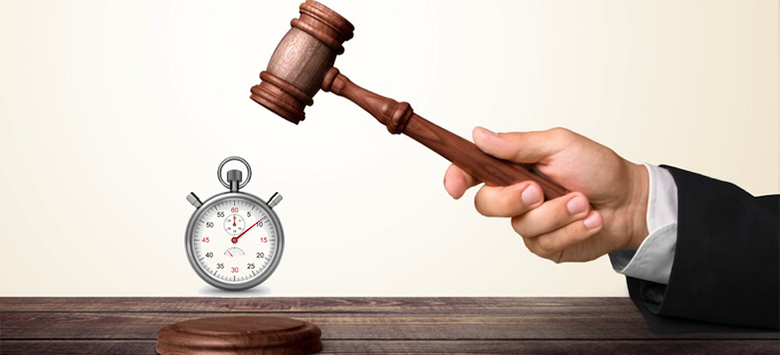
Lawsuit
A lawsuit is a legal action brought by one party (the plaintiff) against another (the defendant) to resolve a dispute, often involving claims of harm, injury, or financial loss. In a lawsuit, the plaintiff seeks compensation or another remedy to address the damages suffered due to the defendant’s actions or negligence. Lawsuits can involve various legal areas, including personal injury, contract disputes, and property damage, and may proceed through negotiation, settlement, or trial. At 770GoodLaw, we guide clients through every stage of a lawsuit, from filing the initial claim to seeking fair compensation for their losses.
Key Stages of a Lawsuit
Lawsuits typically progress through a series of stages, each essential to building a strong case and achieving a resolution. The main stages include:
- Filing the Complaint: The lawsuit begins with the plaintiff filing a complaint with the court, outlining their claims, the defendant’s actions, and the damages they seek.
- Service of Process: The defendant is formally notified of the lawsuit through the service of process, which provides them with a copy of the complaint and a summons to respond.
- Response or Answer: The defendant responds to the complaint, either by answering the allegations, filing a counterclaim, or potentially requesting a dismissal.
- Discovery Phase: Both parties gather evidence and information relevant to the case. Discovery methods include depositions, interrogatories, document requests, and expert testimony.
- Settlement Negotiations: Many lawsuits are resolved through settlement negotiations, where both parties agree on a compensation amount to avoid a lengthy trial.
- Trial: If a settlement is not reached, the case proceeds to trial, where both parties present their arguments, evidence, and witnesses before a judge or jury.
- Judgment or Verdict: The judge or jury issues a verdict, determining the outcome of the case and the compensation awarded to the plaintiff, if applicable.
- Appeals: Either party may choose to appeal the decision, seeking a higher court’s review if they believe errors affected the outcome of the trial.
Types of Lawsuits
Lawsuits cover a wide range of disputes and legal issues, each with unique processes and considerations. Common types of lawsuits include:
- Personal Injury Lawsuits: Filed by individuals injured due to accidents, negligence, or intentional harm, seeking compensation for medical bills, lost wages, and other damages.
- Breach of Contract Lawsuits: Arise when one party fails to fulfill their contractual obligations, resulting in financial loss or other harm to the other party.
- Property Damage Lawsuits: Filed when a party’s property is damaged due to negligence or intentional actions, such as in car accidents or landlord-tenant disputes.
- Product Liability Lawsuits: Brought against manufacturers or sellers when defective products cause harm or injury to consumers.
- Employment Lawsuits: Include claims related to workplace issues, such as wrongful termination, discrimination, or wage disputes.
- Medical Malpractice Lawsuits: Filed against healthcare providers when negligence leads to patient injury, such as misdiagnosis, surgical errors, or improper treatment.
Benefits of Filing a Lawsuit
Filing a lawsuit allows plaintiffs to seek justice, hold the responsible party accountable, and pursue compensation for their losses. Key benefits include:
-
Financial Recovery: Lawsuits provide an opportunity for plaintiffs to recover costs related to medical bills, property damage, lost income, and other expenses.
-
Accountability: By holding the defendant legally responsible, lawsuits can prevent future harm and encourage responsible behavior.
-
Access to Justice: Lawsuits offer a formal process for individuals to present their case, seek remedies, and ensure that their rights are protected.
-
Potential for Settlement: Many lawsuits result in settlement agreements, providing quicker compensation without the need for a lengthy trial.
Factors to Consider Before Filing a Lawsuit
Before initiating a lawsuit, it’s important to consider several factors that may affect the outcome and the client’s experience, such as:
- Strength of Evidence: A strong case requires substantial evidence, including medical records, eyewitness testimony, and expert analysis.
- Costs and Time: Lawsuits can involve legal fees, court costs, and time commitments, especially if the case goes to trial.
- Statute of Limitations: Each type of case has a deadline, or statute of limitations, for filing a lawsuit. Missing this deadline can bar the plaintiff from seeking compensation.
- Likelihood of Settlement: Many lawsuits are resolved through settlements. It’s essential to consider the potential for negotiation and compromise.
- Legal Representation: Skilled legal representation improves the plaintiff’s chances of success, ensuring that all legal requirements are met and their rights are protected.
How 770GoodLaw Assists Clients Throughout a Lawsuit
At 770GoodLaw, we provide comprehensive support to clients throughout the lawsuit process, advocating for their rights and pursuing fair compensation. Our approach includes:
- Case Evaluation and Strategy Development: We assess the case’s strengths, gather evidence, and develop a strategy tailored to our client’s goals.
- Handling All Legal Documentation: Our team prepares and files all necessary documents, including the complaint, motions, and responses, ensuring compliance with legal standards.
- Representing Clients in Negotiations and Trial: We negotiate assertively with the opposing party and represent clients in court when a fair settlement cannot be reached.
- Providing Ongoing Support and Guidance: We keep clients informed and supported through each step of the lawsuit, addressing their questions and concerns.
Importance of Legal Representation in Lawsuits
Navigating a lawsuit requires a deep understanding of legal procedures, evidence gathering, and effective advocacy. Skilled legal representation ensures that clients are protected, their case is thoroughly prepared, and they have the best possible chance of a favorable outcome. At 770GoodLaw, we are dedicated to supporting clients through the challenges of a lawsuit, helping them seek justice and financial recovery.
Why Choose 770GoodLaw for Lawsuit Representation
Our commitment to Relentless Reliability and Sincetegrity drives us to provide comprehensive, client-centered support in every lawsuit. At 770GoodLaw, we work tirelessly to protect our clients’ rights, guide them through each stage, and secure the best possible resolution for their case.






